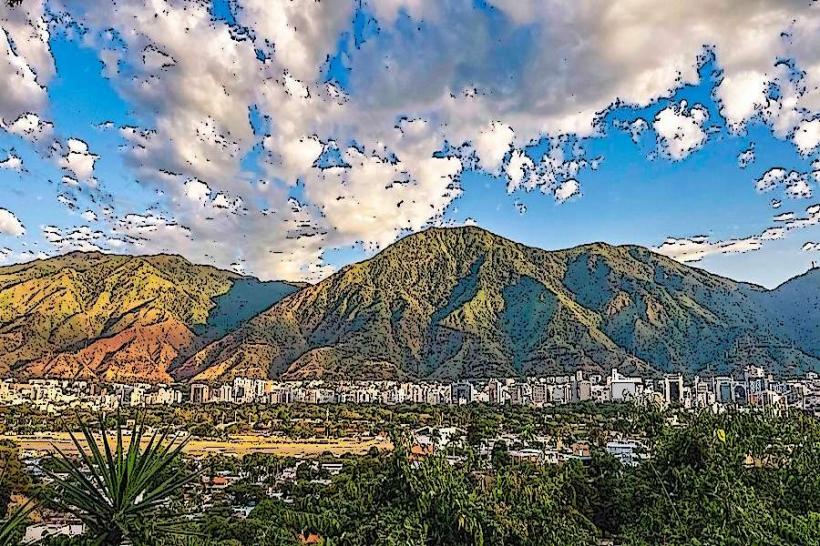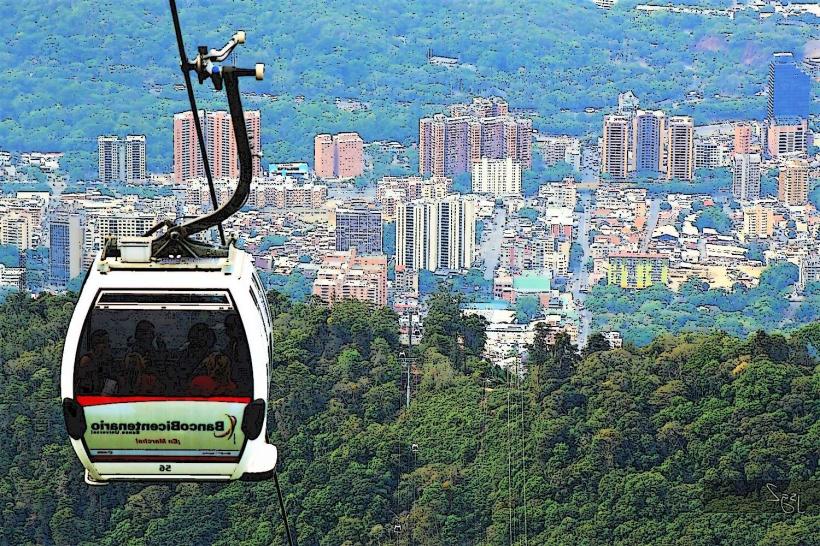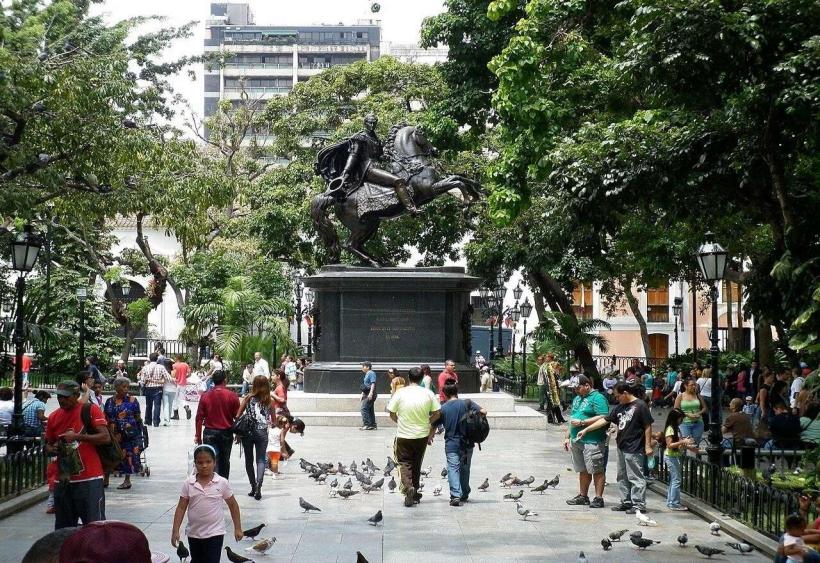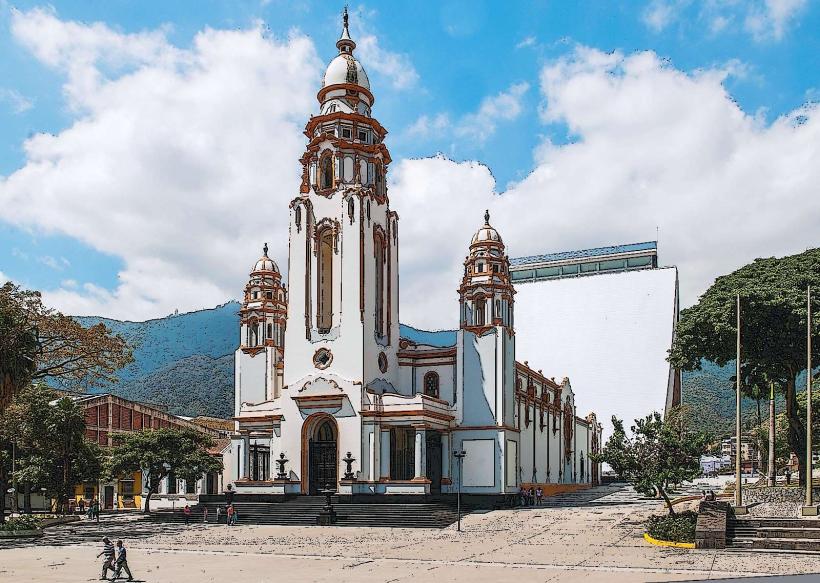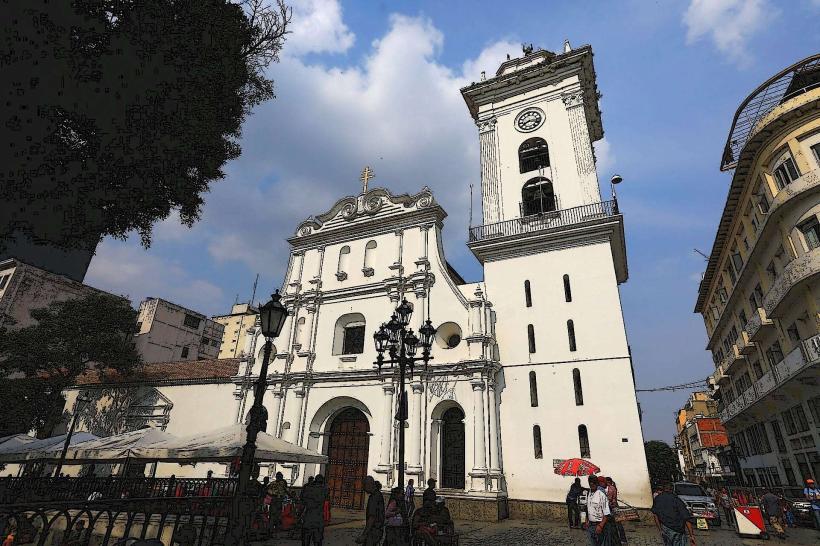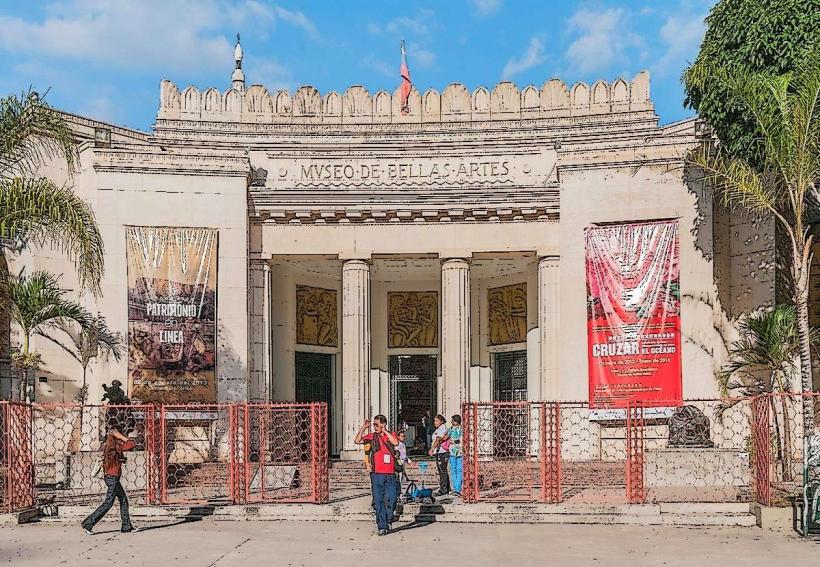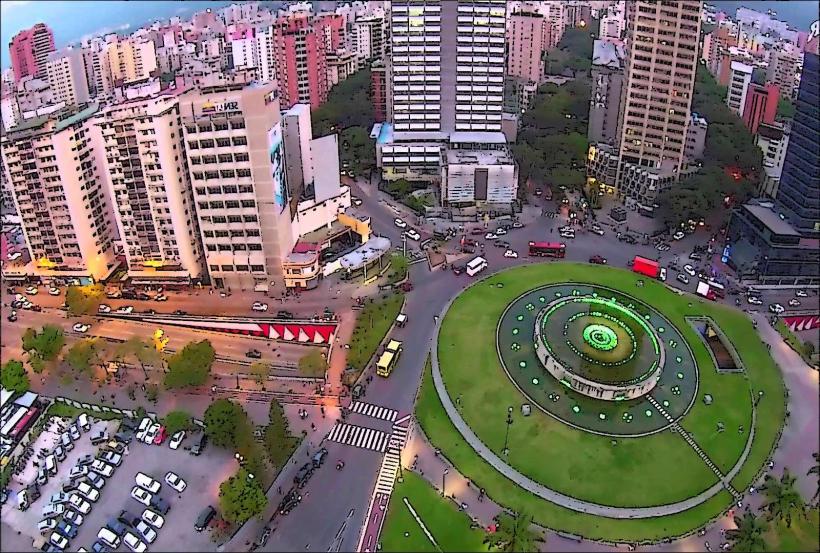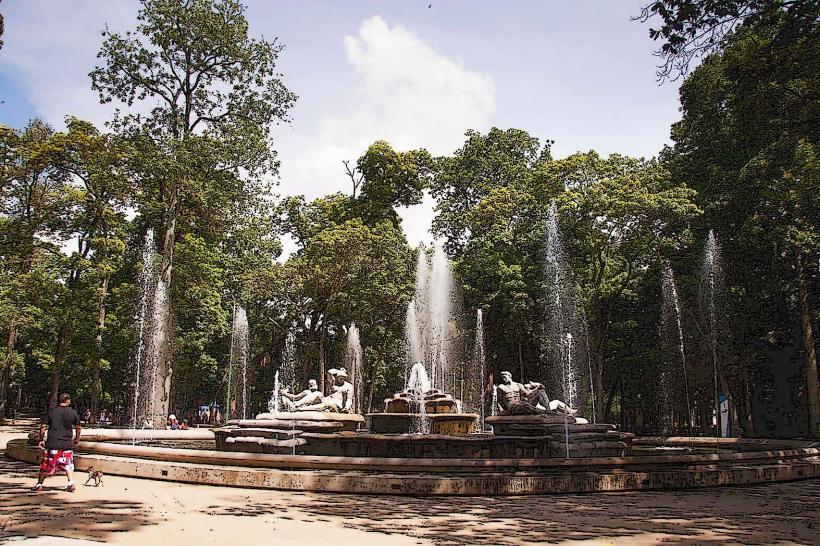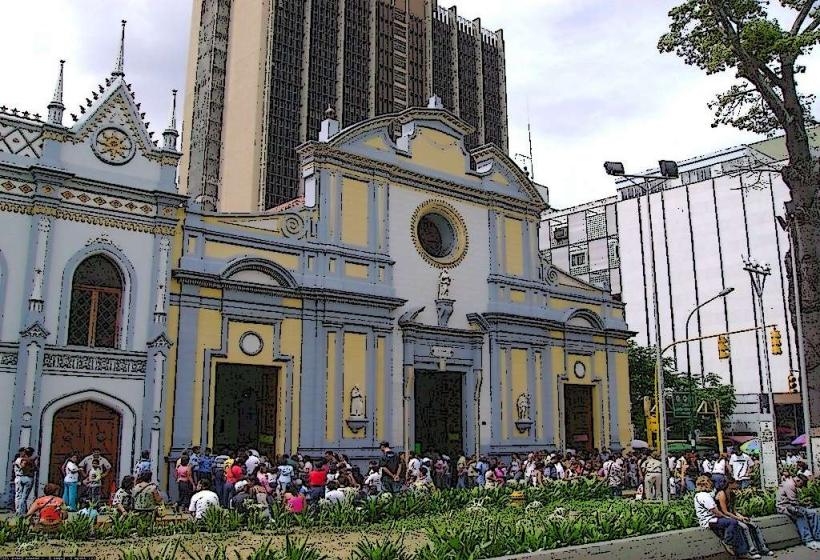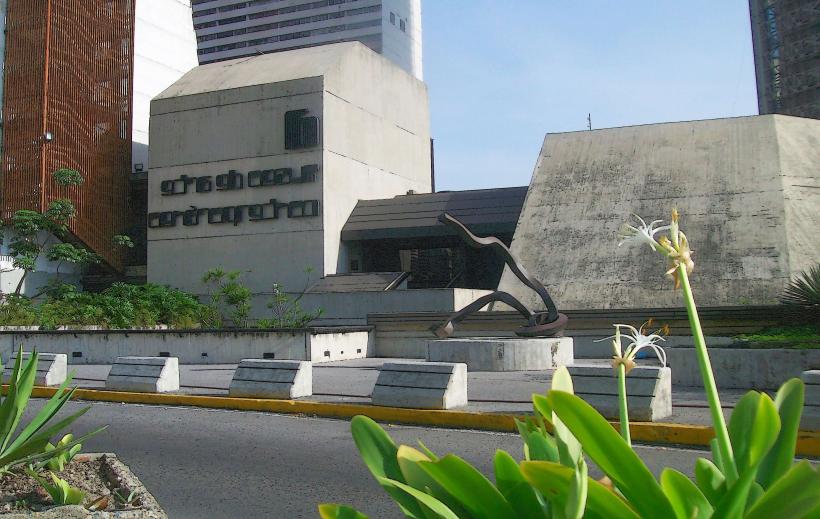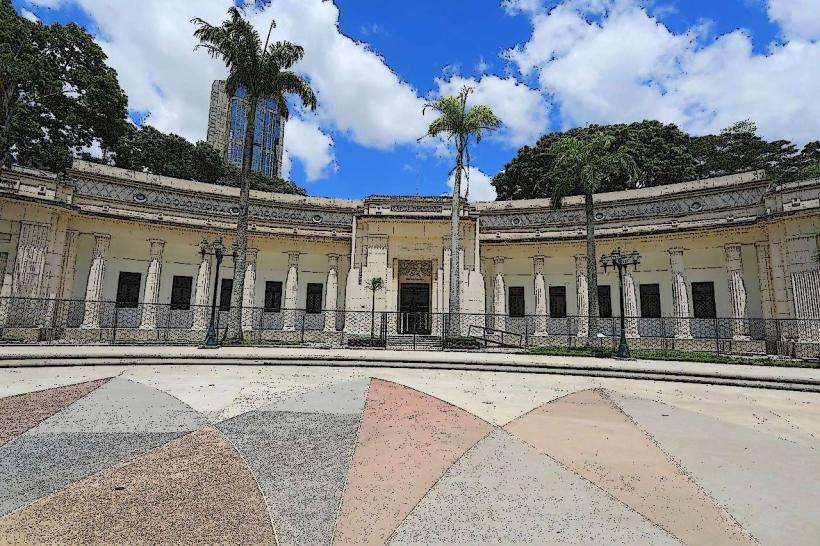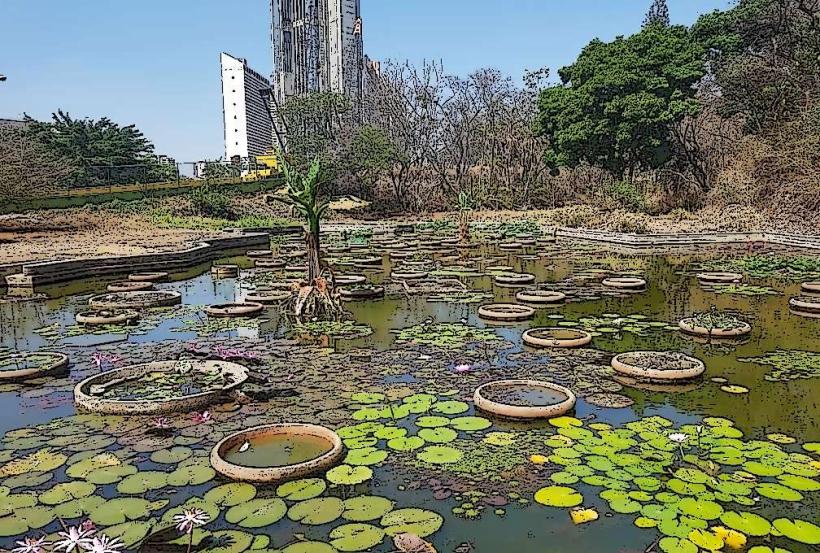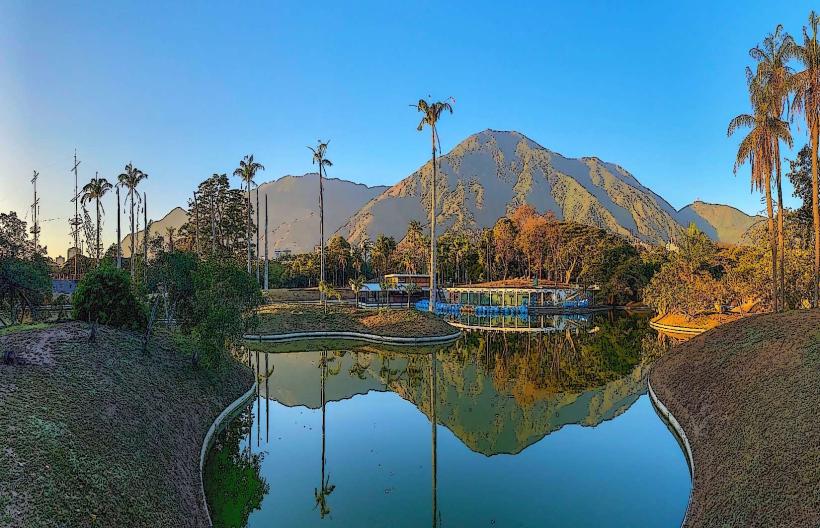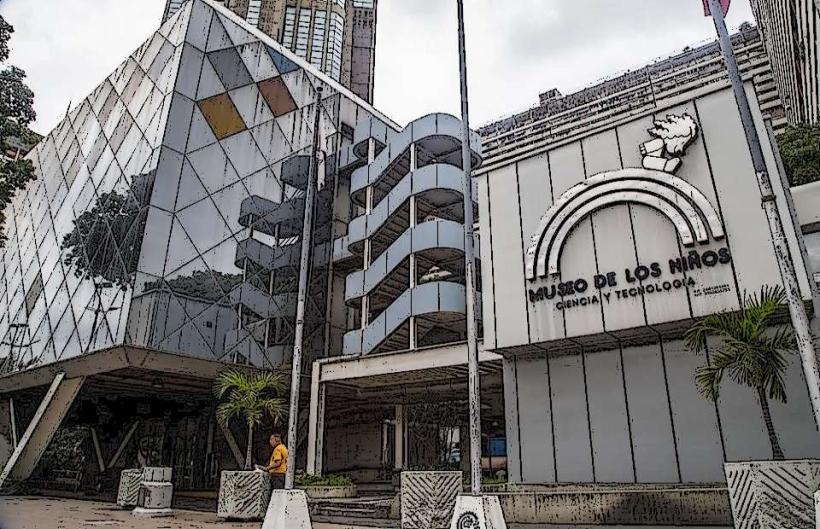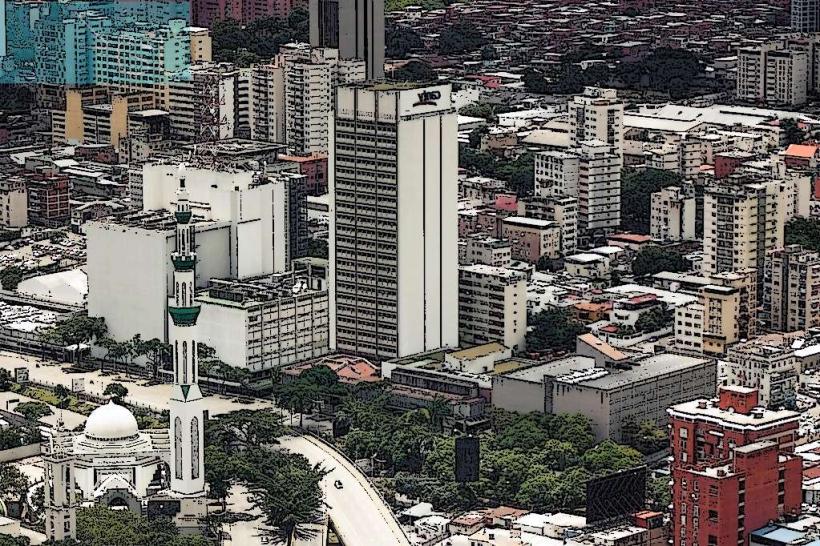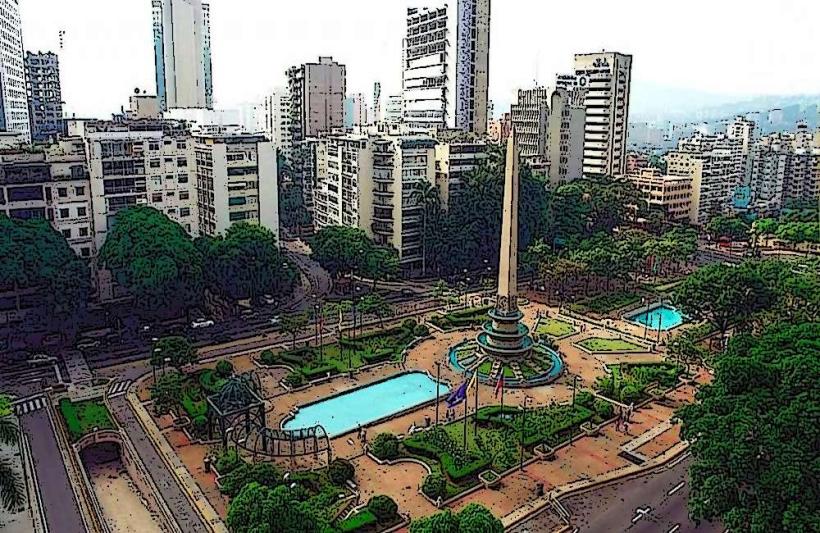Information
City: CaracasCountry: Venezuela
Continent: South America
Caracas, Venezuela, South America
Overview
As it happens, Caracas, Venezuela’s capital and biggest city, sits in the north near the warm Caribbean coast, cradled by the green slopes of the Ávila Mountains, as a result it’s Venezuela’s political, cultural, and economic heart, steeped in history and alive with a vibrant yet complicated modern spirit, like street markets buzzing beside colonial facades.Actually, First, subsequently caracas sits in a valley tucked between the towering Ávila mountains-locals call them Cerro El Ávila-and the turquoise sweep of the Caribbean coast, offering striking views and a setting unlike anywhere else.The city sits roughly 15 km (9 miles) from the coast and rises to about 900 meters (2,953 feet) above sea level, where the air feels crisp even in summer, at the same time geography: Caracas sits cradled by steep, green mountains, a setting that makes its location unforgettable.Just north of the city, Ávila National Park invites you to hike its trails, wander through quiet green paths, and take in sweeping views of Caracas dotted with red-tiled roofs, in turn climate: Caracas has a warm, tropical feel, yet the mountain air at its elevation keeps the afternoons pleasantly mild.Year-round, the temperature hovers between 23 and 25°C (73–77°F), warm enough for a light shirt, and the city still feels inviting despite its rapid urban growth, in addition number two.Caracas carries a rich past, stretching from its indigenous beginnings to the days when cobblestone streets echoed with the steps of revolution in Venezuela’s colonial era and struggle for independence, in turn before the Spanish set foot in the Caracas Valley, the Cacicazgo Caracas people lived there, part of the wider Caribe group whose villages dotted the green hillsides.They were well known for the way they farmed-rows of maize stretching into the distance-and for the lively trade and talks they kept with nearby indigenous communities, likewise in 1567, Diego de Losada founded Caracas, staking Spain’s claim with a cluster of wooden homes and dusty streets.Its spot near the warm, salty air of the Caribbean coast turned it into a key stronghold for the Spanish in South America, after that in the early 1800s, Caracas stood at the heart of Venezuela’s fight for independence, its streets buzzing with speeches and whispered plans, in some ways It stood at the heart of Simón Bolívar’s struggle to break free from Spanish rule, like a drumbeat driving his fight for liberty, not only that in 1783, Bolívar was born in Caracas, where the air was thick with the scent of coffee, and he’s still seen as a towering figure in Venezuela’s history.After Venezuela won its independence in 1821, Caracas became the capital of the recent Gran Colombia-later the Republic of Venezuela-and quickly grew into a hub of politics, culture, and trade, with busy markets spilling into its narrow streets, on top of that in the 20th century, Caracas transformed rapidly, its skyline sprouting glass towers while crowded streets buzzed with commerce and an ever-growing population.You know, But in the past few decades, the city’s also had to grapple with political unrest, waves of economic trouble, and a rise in street crime that keeps shop shutters rattling late at night, at the same time number three.In Caracas, colonial architecture stands beside bustling markets and street art, blending the city’s indigenous roots with modern energy to shape a culture all its own, alternatively the city’s culture mirrors Venezuela’s broader identity, blending indigenous roots, African rhythms, Spanish traditions, and the flavors brought by immigrants from across the sea.Honestly, Music and dance pulse through the city’s streets, where the beat of salsa, merengue, and cumbia drifts out of open doorways into the warm night air, in conjunction with venezuelan folk music-like the lively joropo with its quick harp and cuatro rhythms-still holds an significant locale.Art and Museums: Caracas buzzes with creativity, offering galleries filled with bold Venezuelan brushstrokes, theaters alive with performance, and museums that bring together local talent and artists from around the world, what’s more one standout cultural spot is the National Gallery of Art, home to Venezuelan works ranging from delicate colonial portraits to bold modern canvases.Somehow, The Museum of Contemporary Art showcases striking pieces by renowned Venezuelan painters alongside celebrated artists from around the world, including bold canvases that practically glow under the gallery lights, in addition the Teresa Carreño Theater stands among Latin America’s largest and most celebrated concert halls, its grand stage echoing with the sound of full orchestras, in a sense The city hosts a lively mix of cultural festivals year-round, from the red-carpet buzz of the Caracas International Film Festival to the colorful Carabobo Day parades and the pulse of the Festival de Salsa, along with number four.In Caracas, visitors can explore everything from centuries-ancient churches with weathered stone walls to sleek modern monuments gleaming in the sun, in conjunction with paseo Los Próceres is a sprawling public park that honors Venezuela’s independence heroes, lined with towering statues and shaded by rows of palm trees, relatively It’s home to towering statues, grand monuments, and gardens trimmed so neatly you can smell the fresh-cut grass, then avila National Park is one of Caracas’ best-known landmarks, with winding trails, a cable car that glides over the trees, and lookout points that frame the city in the distance.The cable car glides up to Cerro El Ávila, lifting visitors toward sweeping views of the city, its rooftops gleaming in the sun far below, on top of that Plaza Bolívar is the heart of the city, a historic square that pays tribute to Simón Bolívar, Venezuela’s liberator, where pigeons scatter at the sound of footsteps.Elegant colonial-era buildings ring the square, among them the Capitolio, where the National Assembly meets beneath its gleaming white dome, in conjunction with el Capitolio, a grand neoclassical landmark in Caracas, houses Venezuela’s government and echoes with the voices of heated legislative debates.La Cota 905 may have its struggles with crime, but it also gives you some of the most iconic views of Caracas-where the city’s rooftops stretch out below and the green mountains rise in the distance, simultaneously Museo de Bellas Artes: In the heart of Caracas, the Museum of Fine Arts stands as a leading cultural landmark, showcasing everything from bold Venezuelan landscapes to delicate European sketches, perhaps The Caracas Cathedral, a landmark of colonial design in the Plaza Bolívar, serves as the seat of the Archdiocese and stands as a striking reminder of the city’s past, its white façade catching the midday sun, in turn the Botanical Garden of Caracas, just steps from the Central University of Venezuela, offers shady paths lined with native plants and the scent of fresh blossoms.Number five, and caracas is still Venezuela’s economic heart, though in recent years the crisis has drained much of its prosperity-empty storefronts and shuttered cafés tell the story.Venezuela’s economy has long depended on oil, and in Caracas, glass towers house many of the nation’s petroleum firms and banks, also venezuela holds some of the largest oil reserves on Earth, and for decades Caracas has been the industry’s busy heart, with tankers once lining its ports.Actually, Manufacturing and industry: Beyond oil, the city boasts a varied industrial base, turning out everything from soft cotton textiles to gleaming automobiles and fresh food products, and caracas stands out as a major hub for trade and services in the region, packed with bustling markets, gleaming shopping malls, and cafés where the smell of fresh coffee drifts into the street.In Venezuela, the economic slump has driven up prices and emptied store shelves, leaving many people struggling to get through the day, not only that tourism: Caracas once drew visitors for its vibrant markets and mountain views, but political turmoil, a battered economy, and fears of crime have dimmed its appeal.Plenty of travelers head off to explore other parts of the country, from the sandy shores of Margarita Island to the turquoise waters around Los Roques, consequently number six stood alone on the page, minute and sharp like a pencil tip, not entirely Caracas is easy to reach, with flights linking it to cities across Venezuela and far beyond its borders, at the same time by air, you’ll fly into Simón Bolívar International Airport in Maiquetía, the city’s main gateway, about a 30‑minute drive from downtown.It links Caracas to key international hubs, like the bustling airports where the scent of fresh coffee drifts through crowded terminals.
Author: Tourist Landmarks
Date: 2025-10-29
Landmarks in caracas

